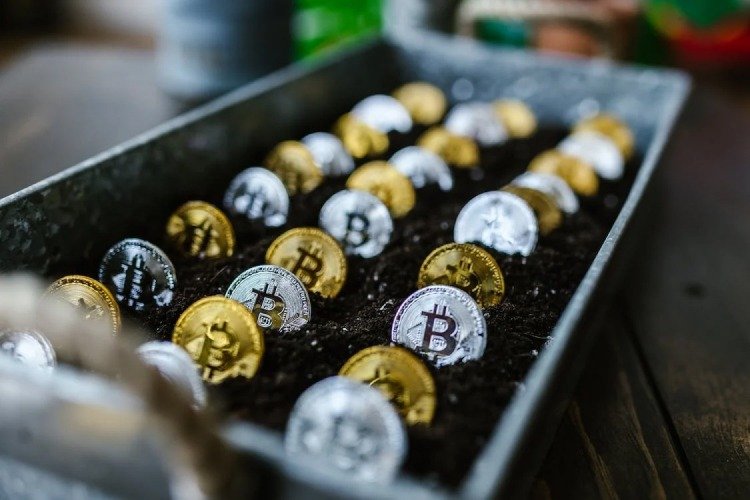Bitcoin Mining: How BTC Is Mined And Is It Profitable?

How Bitcoin is mined: Bitcoin mining
Bitcoin is the largest cryptocurrency in the world, and following the 2022 crash, it managed to bounce back in 2023. Its value clocked at $30,204.30 as of April 2023, and it’s been following an upward trajectory since January 2023. The interest in BTC has been growing over the years as many believe that it’s the ‘Digital Gold’, or a safe haven asset.
Although Bitcoin mining is not as popular as it used to be a few years back, the future is still promising for miners that want to explore the possibilities of BTC trading. In this article, we’ll cover the basics of Bitcoin mining and let you check out these live roulette offers where you can use your BTC.
What Exactly is Bitcoin Mining?
Bitcoin mining is the process of adding new bitcoins to the circulating supply while also verifying new transactions, making it a crucial element in maintaining and developing the blockchain ledger. This involves using advanced and often intense power-consuming hardware to solve complex computational math problems and complex cryptographic hash puzzles in order to verify the blocks of transactions. The blocks of transactions are updated in real-time on the decentralized blockchain ledger, and the miner who solves the problem first is rewarded with the next block of Bitcoins. The process then continues when the newly ‘mined’ BTC is released into circulation, which is how the name Bitcoin mining came.
In fact, the word ‘mining’, or blockchain mining, is a metaphor that refers to the computational efforts undertaken by network nodes to earn new tokens. However, in practice, miners act as auditors who are compensated for verifying the legitimacy of Bitcoin transactions. This convention serves to maintain the honesty of Bitcoin users and was introduced by Satoshi Nakamoto, the founder of Bitcoin. By confirming transactions, miners play a crucial role in addressing the so-called ‘double-spending problem.’
The term refers to users who try to spend the same Bitcoin twice, which is considered illegal. This is because, unlike fiat currencies who cannot be reused once spent, digital currencies carry the risk of duplication. And although counterfeit money is a known issue with physical currencies, it’s not the same as spending the same dollar twice. With Bitcoin and all other cryptos, there’s a possibility that the owner of a digital token could make a copy and use it multiple times, which is why blockchain mining prevents it while rewarding the miners with BTC.
Is Bitcoin Mining Profitable In 2023?
Although Bitcoin mining can most certainly result in intermittent rewards, we must point out that it has become increasingly challenging and competitive in recent years. It requires significant upfront and continuous investments in specialized equipment, electricity bills, and cooling systems. The BTC mining profitability also largely depends on the market price of Bitcoin - which is very volatile - as well as other factors such as electricity cost, mining difficulty, and other factors.
On the other hand, as time-consuming and as expensive of a process as cryptocurrency mining might be, it does offer rewards and holds an allure for investors that are drawn to the fact that miners are compensated with Bitcoin for their efforts. Some even compare it to the California gold rush in the 19th century, so it might be a lucrative opportunity to give it a go.
One thing to keep in mind is that the reward for minting 1 block is reduced by 50% for every 210,000 blocks that have been mined or roughly every 4 years. When the cryptocurrency was first established back in 2009, miners would get 50 Bitcoins per block. As of May 2020, it has decreased to just 6.25, and it’s expected that it will go down to 3.125 sometime in 2024. Considering that the number of Bitcoin is limited to 21 million, the system is designed to become increasingly harder to mine as the limit is nearing.
So, although Bitcoin mining can still be profitable in 2023, we always suggest conducting thorough research before you start. Make sure to evaluate your financial resources and goals, and only then make a decision.